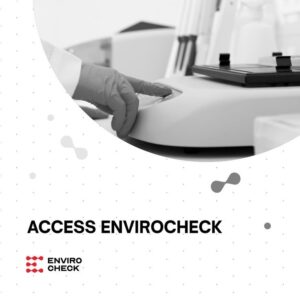The Role Of MRSA Testing For Public Health And Safety!

The importance of effective Methicillin-resistant Staphylococcus aureus (MRSA) testing in Orange County in controlling its spread and ensuring public health safety cannot be overstated. MRSA, a type of staph bacteria that is resistant to several common antibiotics, has emerged as a significant public health concern due to its ability to cause severe infections, particularly in hospitals and healthcare settings. This article delves into the critical role that effective MRSA testing plays in mitigating the spread of this resistant bacteria, thereby safeguarding public health.
Understanding MRSA and Its Impact
MRSA infections often begin as swollen, painful red bumps that might resemble pimples or spider bites. These can quickly turn into deep, painful abscesses that require surgical draining. In severe cases, MRSA can cause pneumonia, bloodstream infections, or even sepsis, a potentially life-threatening condition. The challenge in treating MRSA arises from its resistance to commonly used antibiotics, making it a formidable adversary in healthcare settings.
The Critical Role of MRSA Testing
Early detection of MRSA is crucial for effective treatment and prevention of its spread. MRSA testing involves screening patients for the presence of MRSA, usually through nasal swabs or skin lesion samples. These tests are vital in identifying carriers of MRSA, even those who are asymptomatic. This allows healthcare providers to implement targeted infection control measures, such as isolation protocols and specific antibiotic therapies, to prevent the spread of MRSA within healthcare facilities.
Advancements in MRSA Testing
Recent advancements in MRSA testing have significantly improved the speed and accuracy of diagnosis. Rapid molecular tests, for example, can detect MRSA DNA within hours, as opposed to the days required by traditional culture methods. These rapid tests enable healthcare providers to make quicker decisions about isolation and treatment, reducing the risk of MRSA transmission and outbreaks.
The Impact of Effective MRSA Testing on Public Health
Effective MRSA testing plays a pivotal role in controlling its spread in several ways. Firstly, it allows for the timely implementation of infection control measures, such as the isolation of infected patients and the use of appropriate disinfection protocols. This containment is crucial in healthcare settings where vulnerable populations, such as the elderly or those with weakened immune systems, are at higher risk.
Secondly, accurate MRSA testing guides the appropriate use of antibiotics. With the rise of antibiotic resistance, it’s vital to use these medications judiciously. Knowing whether an infection is caused by MRSA allows healthcare providers to choose the most effective antibiotics, reducing the misuse of these critical drugs.
Community and Healthcare Settings: A Dual Approach
MRSA testing is not only vital in healthcare settings but also in the community. Community-associated MRSA (CA-MRSA) infections, often acquired in gyms, schools, or through contact sports, require public awareness and testing to control their spread. This dual approach—targeting both healthcare-associated and community-associated MRSA—is essential for a comprehensive public health strategy against MRSA.
Finally, effective MRSA testing Orange County is a cornerstone in the fight against antibiotic-resistant bacteria. It is a critical tool that helps healthcare providers quickly identify and respond to MRSA infections, thereby controlling its spread and reducing the risk of severe outcomes.







